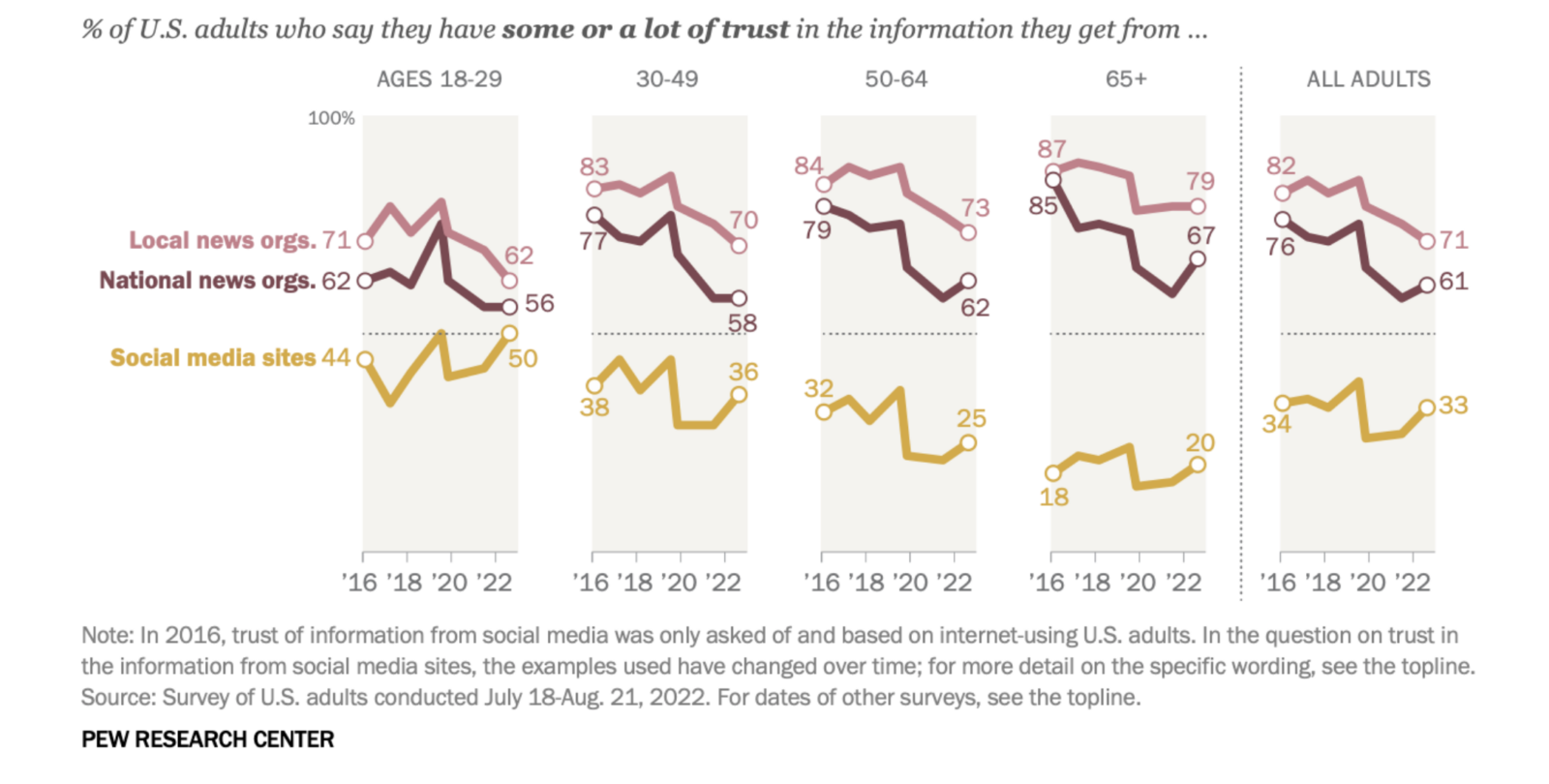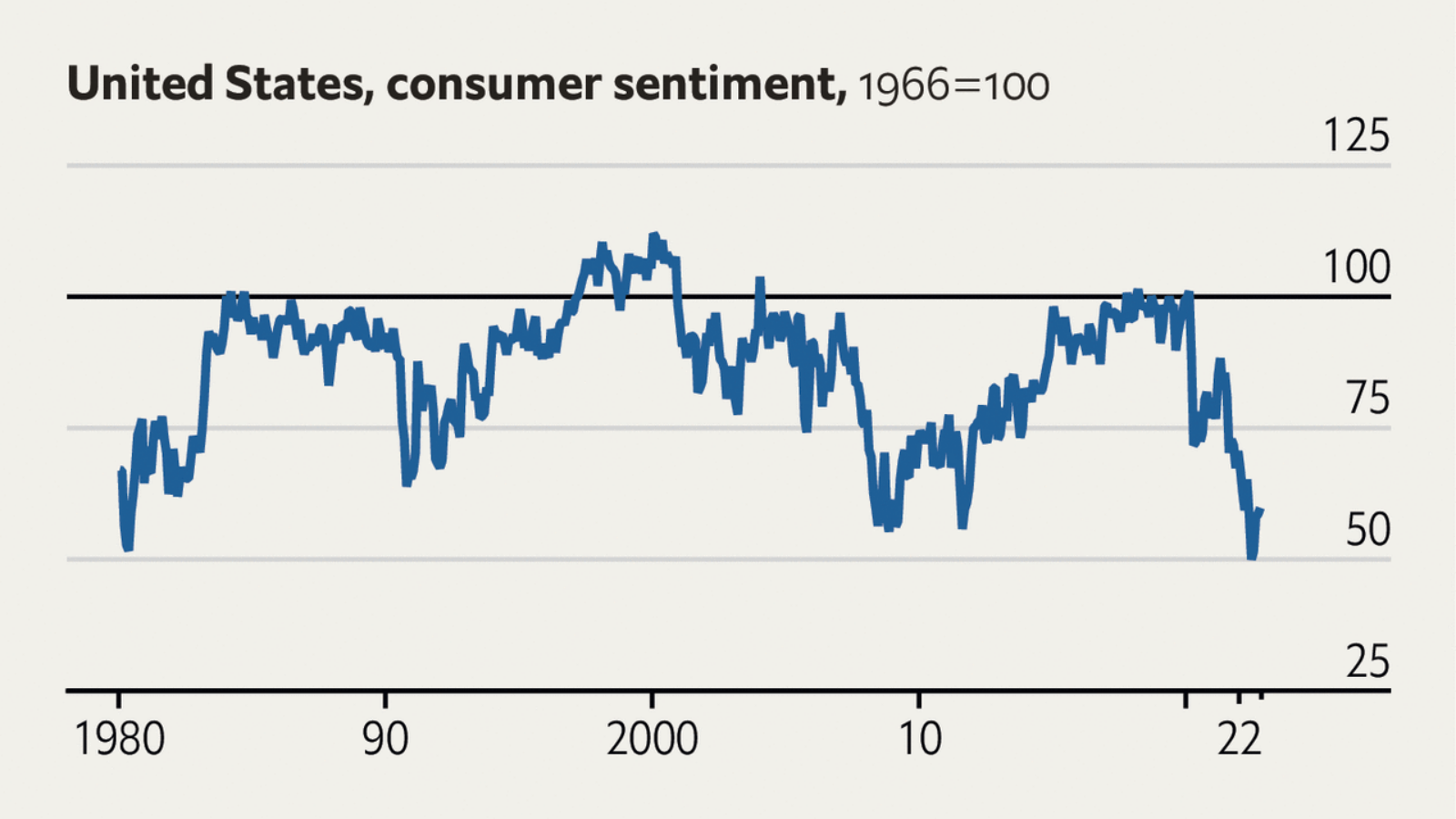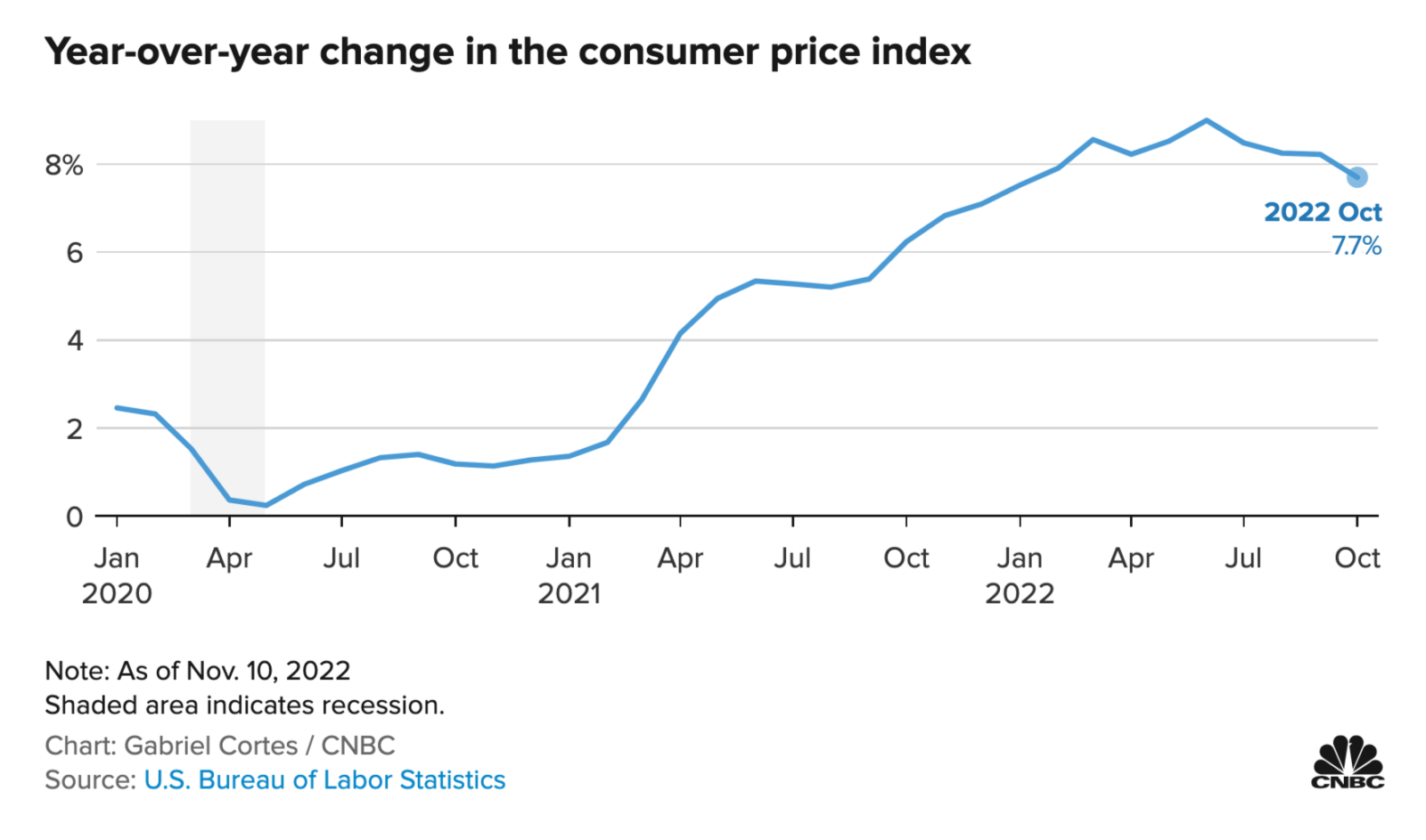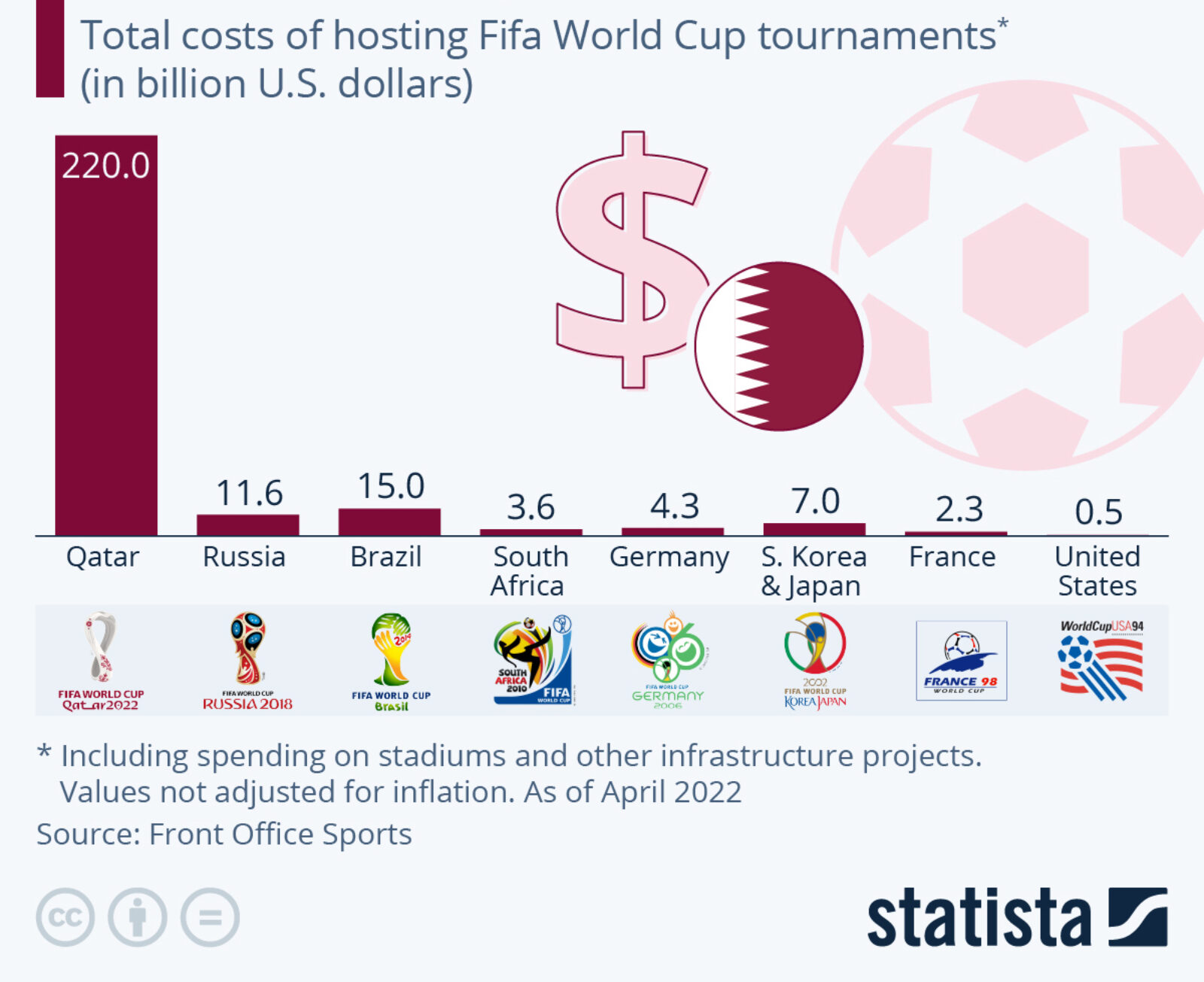Global Housing Slump Likely Next Year
Housing markets around the world are headed for their biggest slump in over 20 years, as central banks raise interest rates and real wages fall, according to data from Oxford Economics.
On the heels of the pandemic housing boom, housing sales and prices are falling in wealthy countries like the U.S., Germany, France, the U.K., Canada and New Zealand. In China, property stands empty as construction stalls on around 2 million homes. Inflation is the main factor behind the slowdown: higher mortgage rates, decreased affordability, and stricter lending standards have led analysts to project a moderate-to-steep drop in the housing market in 2023.
In the U.S., mortgage rates reached 7% for the first time since 2002, pushing potential buyers out of the market. Mortgage rates have almost doubled in 25 cities around the world, including Amsterdam, Toronto and Zurich. Rent prices are also starting to cool after a pandemic surge — in the U.S., rents dropped slightly from September to October, ending a two-year growth streak. Housing prices in China fell at their fastest rate in seven years, and sales fell by 43%. In the U.K., housing sales dropped by 32% year-over-year in September, while U.S. sales of existing homes fell 28% in October.






